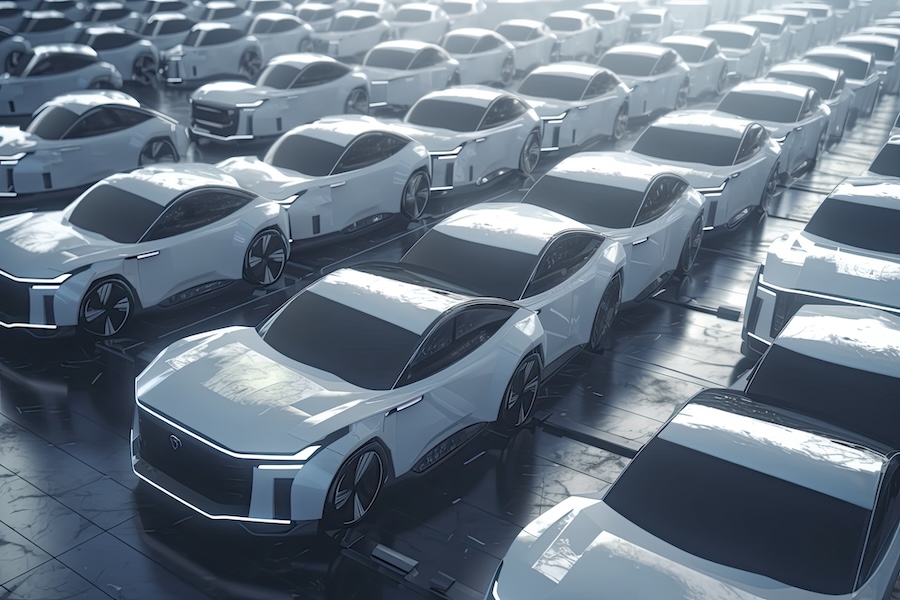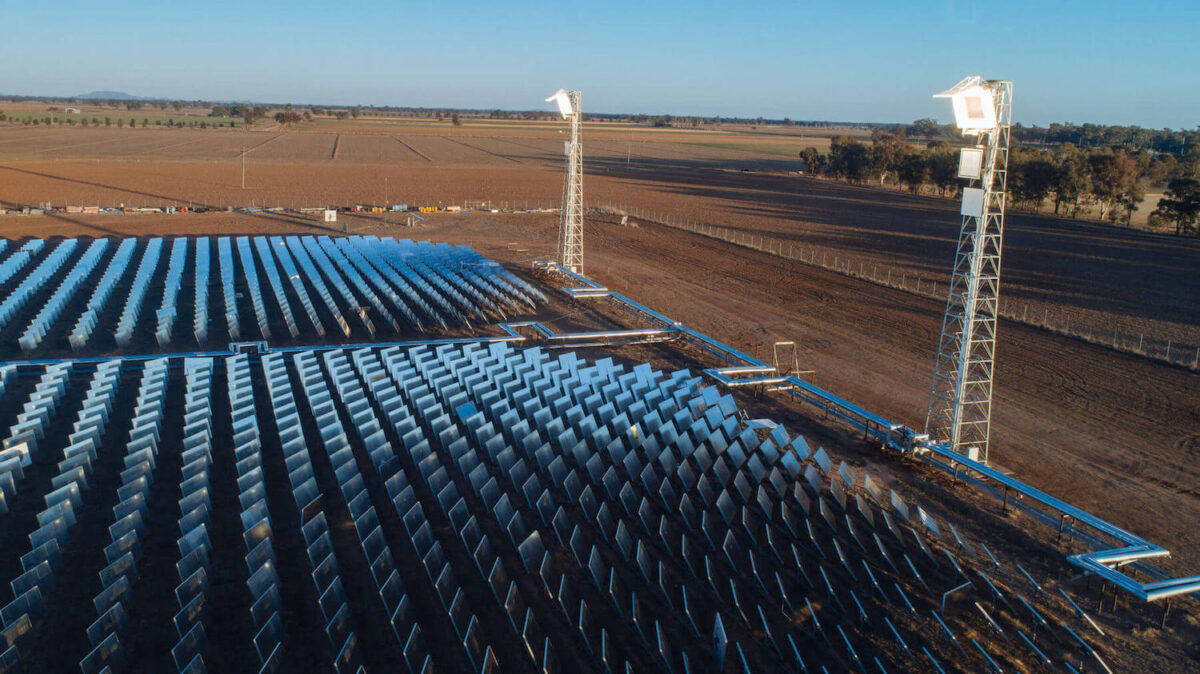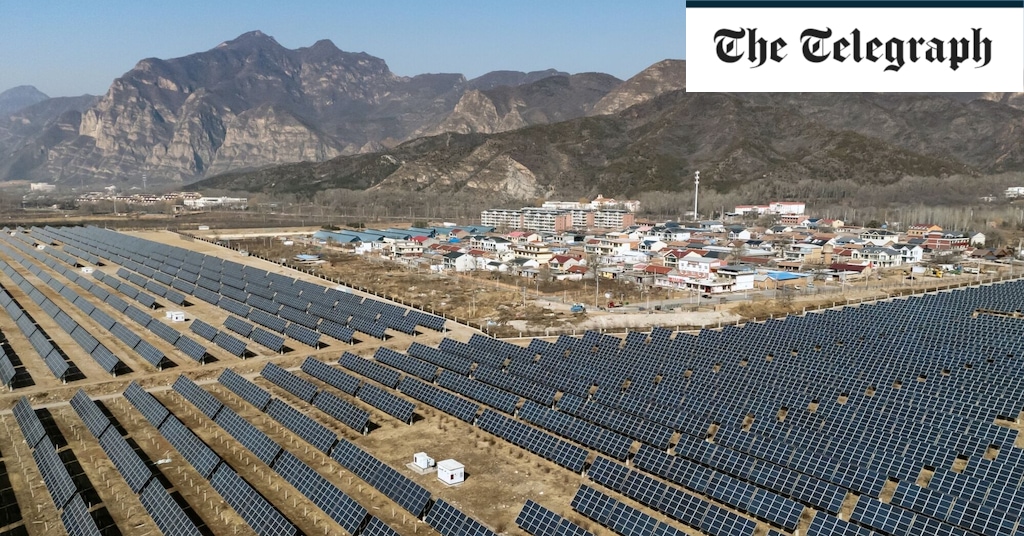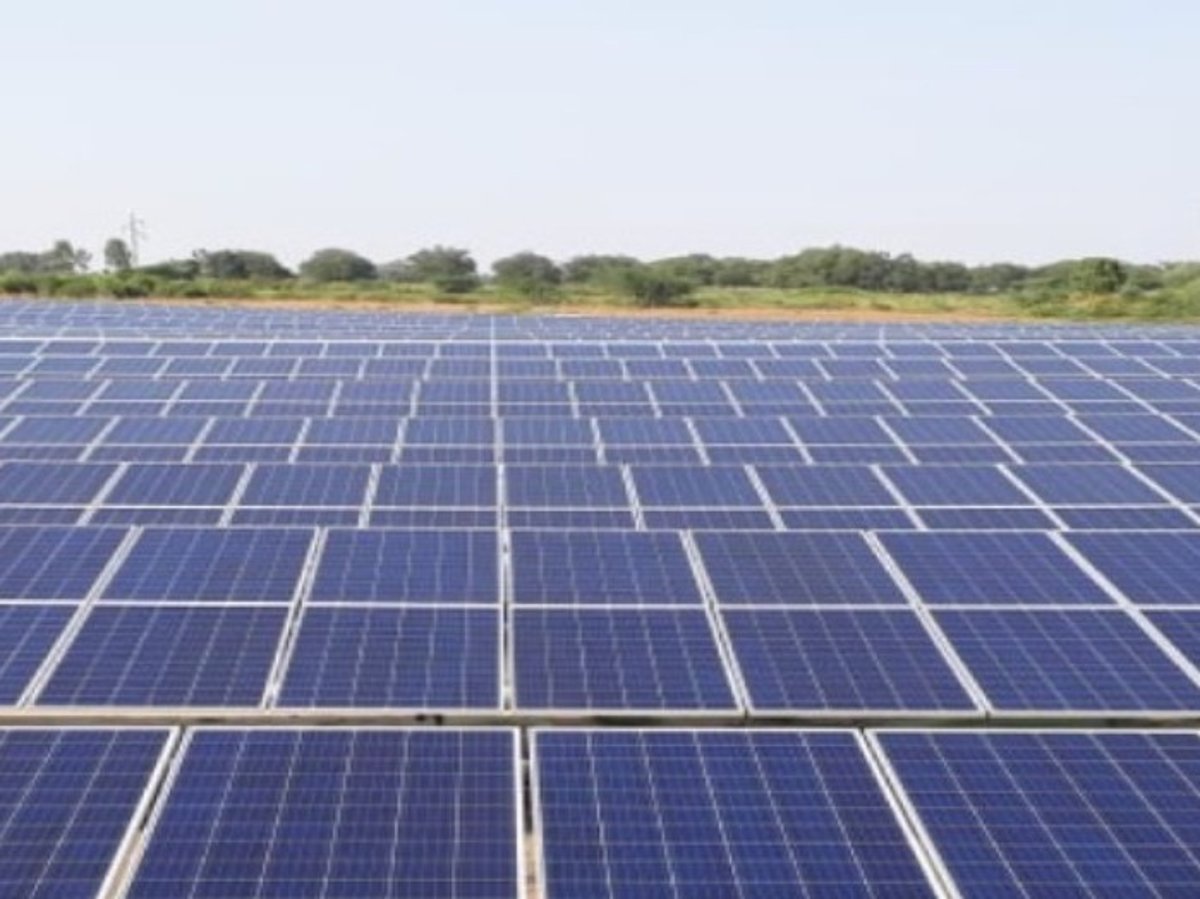Reassessment of Environmental Permit
The Army Corps of Engineers announced plans to reassess the environmental permit for Hyundai’s $7.6 billion electric vehicle (EV) plant in Georgia. This decision follows concerns raised by the Ogeechee Riverkeeper conservation group regarding the plant’s potential impact on the region’s water supply, particularly its planned withdrawal of up to 6.6 million gallons per day from a critical underground aquifer.
Background and Environmental Concerns
Initially, the permit issued in October 2022 did not highlight Hyundai’s significant water usage, which only came to light during the Georgia Environmental Protection Division’s consideration of a proposal for four new wells earlier this year. The conservation group warned that such concentration of water pumping could affect local domestic and agricultural wells, as well as natural resources like springs, wetlands, and streams.
Ongoing Construction and Corporate Response
Despite the reassessment, there will be no halts to the construction of the plant, which spans 2,900 acres and is expected to start production by year’s end. Hyundai Motor Group Metaplant America has expressed commitment to cooperating with the authorities to ensure minimal impact on the community’s water resources.
State and Local Economic Perspectives
Local economic development officials and Hyundai anticipate the review to be swift, suggesting that the required information will be provided soon, with hopes that the project will proceed without delays. The state has also been processing permits for the necessary water wells, with public comment considerations underway.
Potential Impacts and Future Evaluations
The reassessment by the Army Corps is not expected to delay the final decision on water well permits. However, there are ongoing concerns among local communities about the potential depletion of water resources affecting their agriculture and homes. The state assures that most wells will not be impacted due to their deeper reach, and nearby rivers and streams are unlikely to be affected due to geological barriers.
Source: apnews.com





